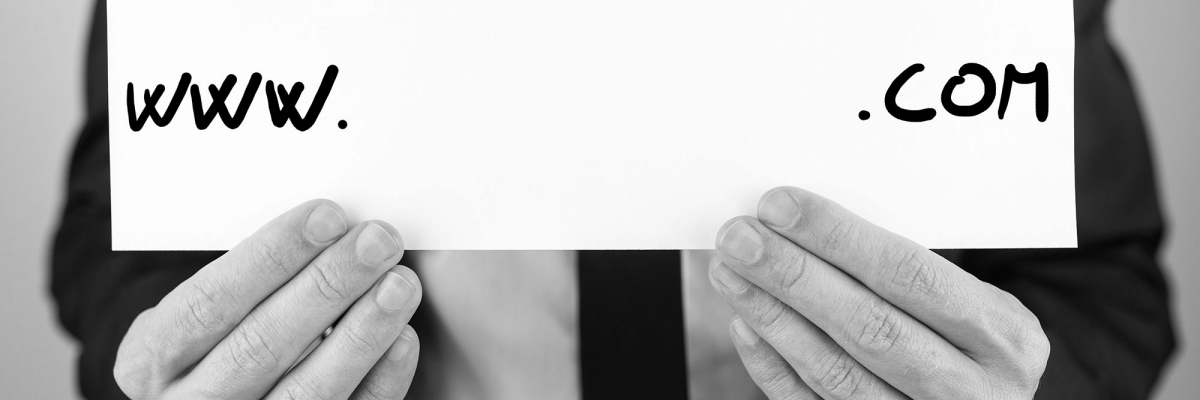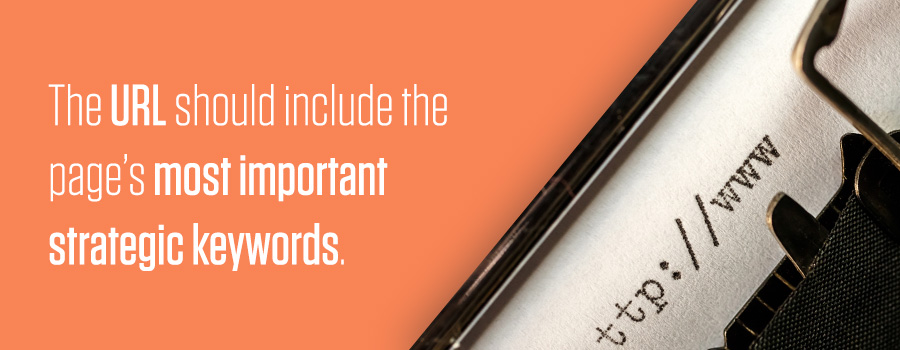
The Most Common Mistakes For Lead Generation In Structuring Your Website URLs
February 18, 2016
Not following best practices for structuring website URLs can result in prospects not being able to remember or navigate back to the URL of a page they found interesting. This can be devastating to lead generation if that page happens to be a product or service page. As usual, good URL practices support lead generation and SEO. Key mistakes to avoid:

- Failing to include keywords: The URL should include the page’s most important strategic keywords. This is obviously important for SEO, but including the page’s most important keywords also makes the URL maximally relevant to users.
- Keyword stuffing: Piling on keywords confuses and annoys users — and doesn’t score any points with Google crawlers.
- Including user-unfriendly characters: For a variety of technical reasons — such as integration issues with an internal categorization system, or the use of parameters — URLs can be populated with symbols, letters and numbers meaningless to users (and search engines). It is best to avoid this problem by using a technical solution that does not incorporate such characters, or perhaps by simplifying the internal system.
- Using underscores as word separators: Both underscores and dashes are technically acceptable for separating words in URLs, but underscores are hard for humans to read and are likely to cause confusion. Dashes are much more readable, memorable and clear.
- Having very long URLs: Obviously, the shorter the URL, the easier it is to remember. Overly long URLs may also send an unintended branding message that your organization is bureaucratic and hard to do business with.
- Having too many folders: Overly complex folder structure is a common cause of the preceding problem. Avoid it by thinking through your website structure carefully and maintaining a focus on keeping it simple.
- No connection between the URL and page title: If your URL and page title have drastically different messages, you not only disorient users, you may also have a relevance issue with either the URL or page title that reduces the SEO effectiveness of the page.
- Using uppercase/lowercase letters: The easiest and safest approach for SEO and usability is sticking with all lowercase lettering.

URLs are still important for SEO and usability, so be sure not to overlook them when thinking about your sales and marketing efforts. URLs may not make or break your lead funnel, but having great ones certainly help produce more leads.
We deliver! Sign up and we’ll send our valuable content right to your inbox.




